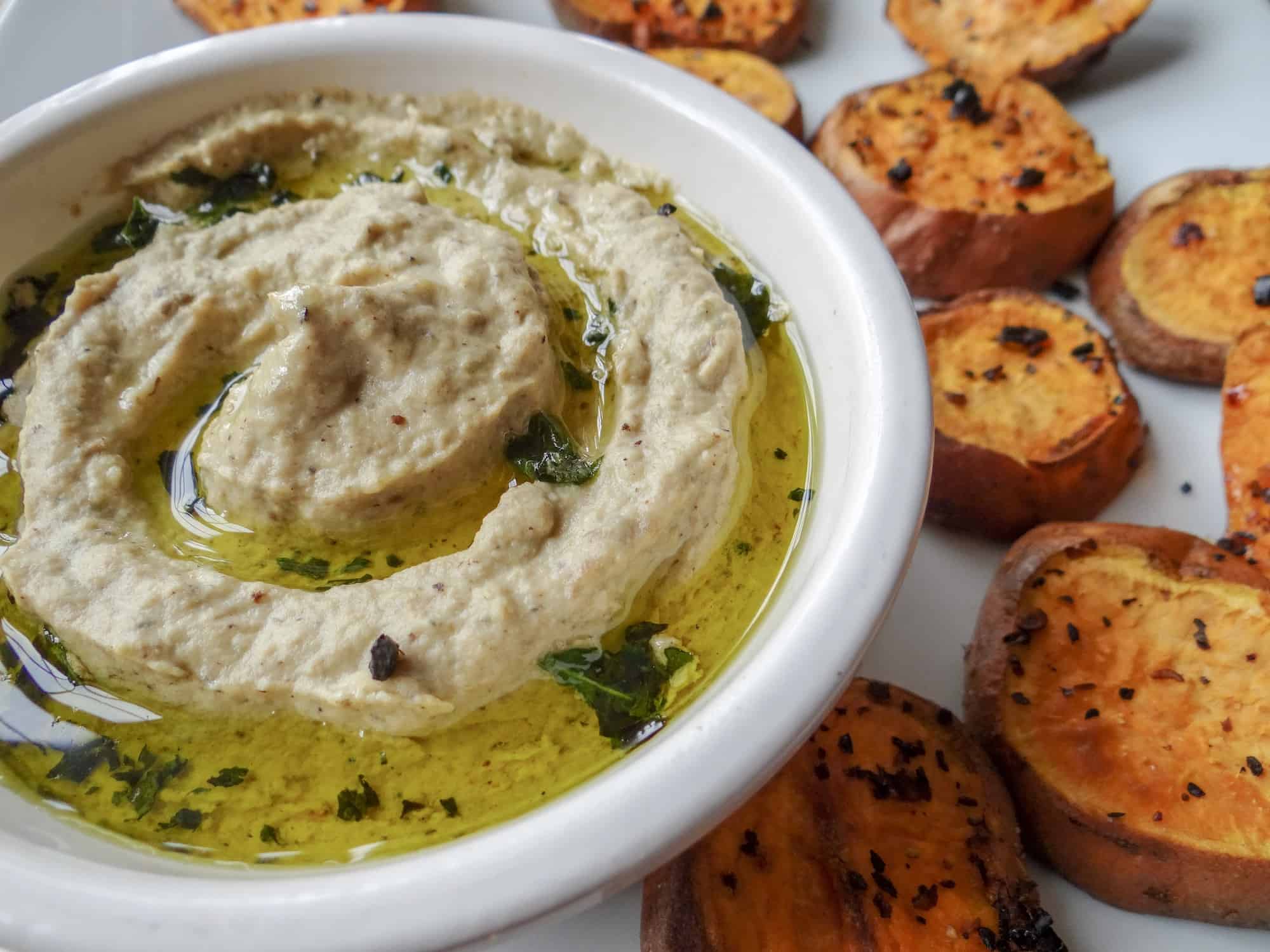If you are a dips, hummus, or eggplant fan, there is a good chance youve already sampled your share of baba ganoush. This creamy, smoky, flavorful dip doesnt need much more than a slice of pita bread to complete a rich, delicious, crowd-pleasing snack. And while it can easily be found in most grocery stores, it is also pretty simple to make from scratch. All you really need is eggplant, tahini, salt, lemon juice, and any other spices you fancy. While garlic is the most common additive, other flavorful spices, like mint, parsley, cumin, cayenne, and sumac, can also take baba ganoush up a notch, per the Encyclopedia of Jewish Food.
To prepare, roast the eggplant – preferably over an open flame to give it a rich, smoky flavor — then mash it, and add tahini, salt, lemon juice, and garlic to taste. Blend it, and there you have it- your homemade baba ganoush, made fresh to order, according to Inspired Taste. Due to its relatively simple ingredients, it might not surprise you to learn that baba ganoush has been around for a long time.
The Arabic term for the dish means “pampered daddy,” the person in question being, legend has it, a sultan spoiled with a concoction invented by a member of his harem.

The exact origins of baba ganoush are unknown
Although its exact origins are difficult to pinpoint, it is believed that baba ganoush was likely invented in the Levant sometime around the 13th century, according to Britannica. However, exactly who gets credit for this dish is somewhat disputed. Some stories give credit for its founding to a young Syrian girl who came up with the mashed eggplant dish to feed her elderly, toothless father, according to Feast in the Middle East. However, others believe that the dish we think of as true baba ganoush was first created in Lebanon, per the Encyclopedia of Jewish Food.
Regardless, some version of this eggplant dish has been found around the Middle East for thousands of years. A slightly spicier version of this dish, known as mutabbal, contains some minor differences, including the addition of more spices and the substitution of yogurt for tahini. However, while there may be some slightly different variations of this dish, baba ganoush is probably the most well-known version worldwide. And the name, Arabic in origin, has a rich history.
Baba is a term of endearment, meaning father or daddy in Arabic. Ganoush is commonly translated to spoiled or pampered, according to Grammarphobia. Baba ganoush is translated to spoiled daddy or pampered daddy. But where exactly did this playful name come from?
The Best Baba Ganoush Recipe » Easy Eggplant Spread
FAQ
What does it mean when you call someone baba ganoush?
What does baba ganoush mean in wedding crashers?
What is the other name for baba ganoush?
What does Baba Ganoush mean in Arabic?
It translates in Arabic to roughly mean “spoiled daddy” or “pampered daddy.” Where is baba ganoush from? The dish is said to have originated in Lebanon, although different countries around the Middle East and Europe now have their own different spins on the recipe. Can baba ganoush be frozen?
What is baba ghanoush?
Baba ghanoush ( UK: / ˌbɑːbə ɡæˈnuːʃ /, US: /- ɡəˈnuːʃ, – ɡəˈnuːʒ /; Arabic: بابا غنوج, romanized : bābā ġannūj listen ⓘ ), also spelled baba ganoush or baba ghanouj, is a Levantine appetizer consisting of finely chopped roasted eggplant, olive oil, lemon juice, various seasonings, and tahini.
What is baba ganoush dip?
Learn to make Classic Baba Ghanoush dip with smoky roasted eggplant, tahini, garlic, lemon, olive oil and spices. Classic Baba Ganoush Recipe – Smoky Middle Eastern roasted eggplant dip with tahini, garlic, lemon, olive oil and spices. What is baba ganoush? In Arabic, “baba” means father and “ghanoush” means spoiled .
What does BA Ganoush mean?
“Baba ganoush” — two words that, when spoken, instantly invoke images of warm pita dipped into tangy, puréed eggplant and warm spices. You’ll be looking up the closest Middle Eastern restaurant and placing an order quicker than you can even finish saying it, and without a second thought. There is one thought, however, that may cross your mind.
